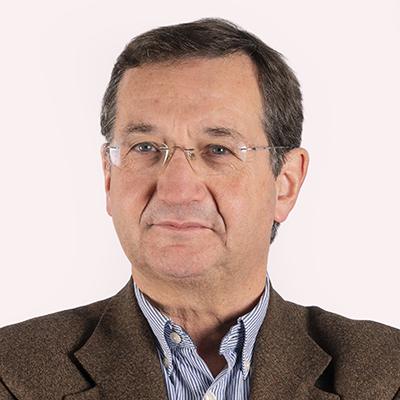Tronconi - CV

Enrico Tronconi earned a Master's degree in Chemical Engineering from the University of Delaware in 1982 and a degree in Chemical Engineering cum laude from the Politecnico di Milano in 1980. He is currently a Professor of Chemical Engineering at the Department of Energy of the Politecnico di Milano, a position he has held since 2000. Throughout his academic career, he has held various positions, including Associate Professor at the same institution from 1992 to 2000, and Assistant Professor from 1983 to 1992. In 2019, he was a Visiting Professor at Zhejiang University in China. His research has been widely recognized, including the ERC Advanced Grant in 2016 and two ERC Proof of Concept Grants in 2021 and 2023. He is listed among the Top Italian Scientists since 2012 and received the Glenn Award from the American Chemical Society in 2005. Tronconi has supervised over 100 Master's students, 20 PhD candidates, and 7 postdoctoral researchers, many of whom now work in leading academic or industrial roles. He has taught "Industrial Chemistry" since 2018 and previously lectured in "Industrial Organic Chemistry" for nearly two decades. He has been involved in organizing international conferences, including serving as Chair of the International Symposium on Chemical Reaction Engineering in 2018. He is also the National Coordinator of Chemical Engineering Professors in Italy since 2019 and has held various institutional roles at the Politecnico di Milano. Tronconi's research collaborations include prestigious partners such as NTNU in Norway and Oakridge Laboratory in the U.S. He has authored over 320 scientific publications, holds an H-index of 71, with over 16,000 citations on SCOPUS, and has filed more than 40 patents. His research focuses on designing catalytic reactors and processes to reduce environmental impact, with innovations in structured catalysts. He has led projects with major global companies like Daimler, Fiat Power Train, Johnson Matthey, and Total Petrochemicals, contributing to developments like the BlueTec® technology for Mercedes-Benz vehicles. Recently, he is exploring the electrification of chemical processes using electrically heated structured reactors.
